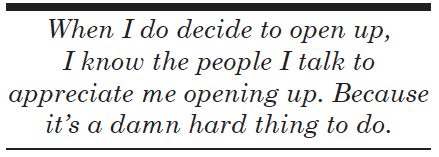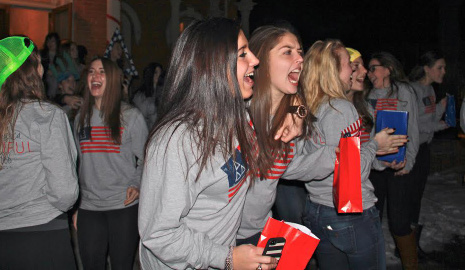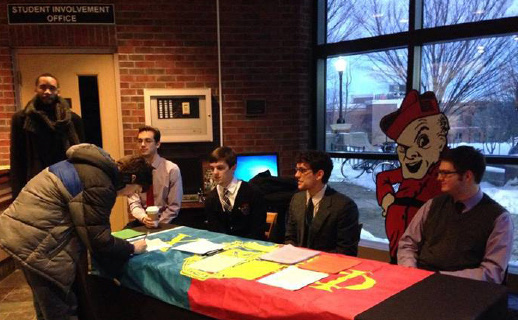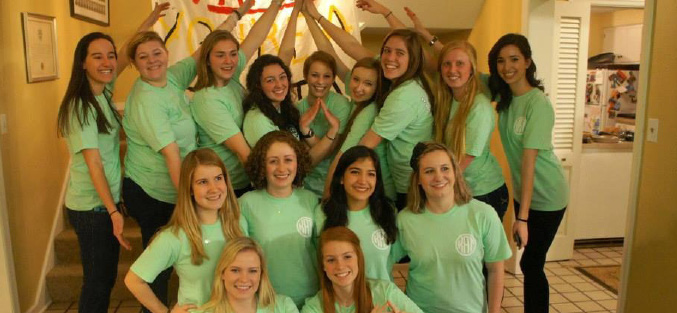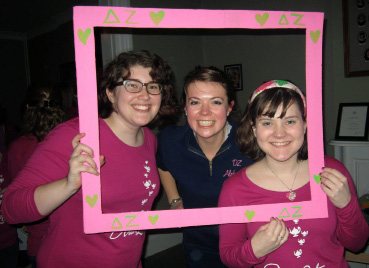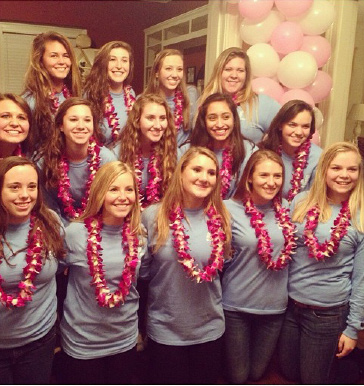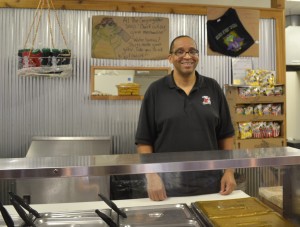There have been renewed peace talks between Israel and Palestine recently. As a cynic, I roll my eyes because I highly doubt that anything will be done this time.
But as someone who grew up in a Jewish household and was surrounded by Judaism growing up, I actually hope the peace talks will go through — but not the way most people would expect.
When I was younger, I went to Hebrew School every Wednesday afternoon and Sunday morning. We would learn about the Torah and all of the wonders that occurred. We also spent a lot of time on the subject of Israel.
That only intensified for me when I went to a private Jewish day school for seventh and eighth grade. Oh, don’t get me started on my ten years of attending a Jewish overnight camp and everything I learned about Israel there.
In all of these situations, we were taught about the perfection that Israel is and how we must protect it from being separated into two states.
I was taught that Jerusalem belonged to the Jews because of everything we went through as a people. I was taught that Jerusalem was exclusively ours; people were allowed to visit, but it was exclusively for the Jewish people. When I went to Israel on my eighth grade class trip, I was transfixed by Israel’s beauty and the richness of culture that was entrenched in everyday life.
Once I hit high school and was effectively removed from that bubble, I was still a strong supporter of Israel. Due to some events in my life, I decided to become an atheist, but still be culturally Jewish.
However, as I got older and started really paying attention to the news, I started to discover some unsightly truths about Israel. I found out about its human rights record against Palestinians, which greatly upset me. I remember thinking to myself, “I never learned about that in Hebrew School.”
I started doing more research on my own, and I discovered that I didn’t support Israel.
I didn’t like how dependent it was on the United States; I didn’t like how it treated people in the settlements; and I definitely didn’t like how it denied international aid to those who desperately needed it.
Once I started telling people I no longer blindly supported Israel, I received mostly negative comments.
The area of Milwaukee where I live has a decently sized Jewish population, so my opinion was one of dissent. I would try and tell relatives where I was coming from, but they would just shoot me down, telling me I didn’t know what I was talking about. I would then support my argument with facts, but they wouldn’t believe it.
This really is the first time I’m discussing my unfavorable view of Israel in a large forum setting, since I don’t feel like defending myself every time I decided to give my educated opinion.
So, during this latest round of peace talks, I support the two-state solution. I just find it ironic that a group of people such as the Jews, who have been horribly oppressed for all of history, to enforce similar actions on other oppressed minorities.





